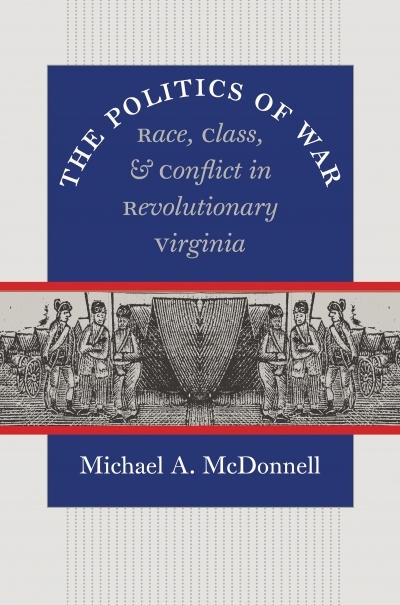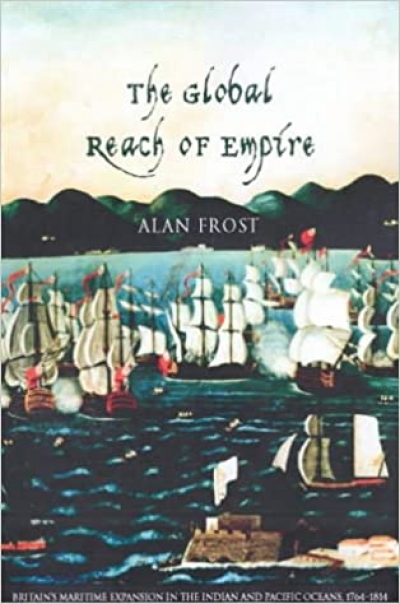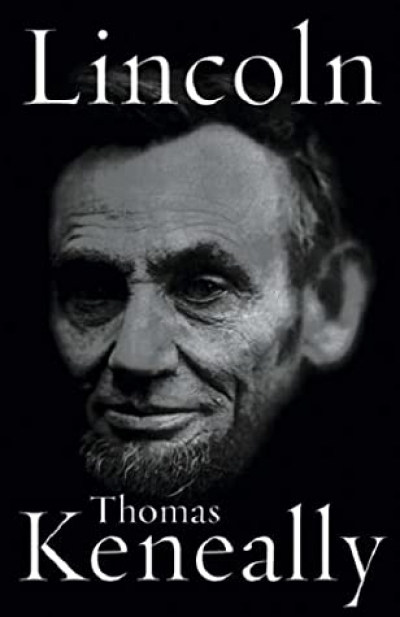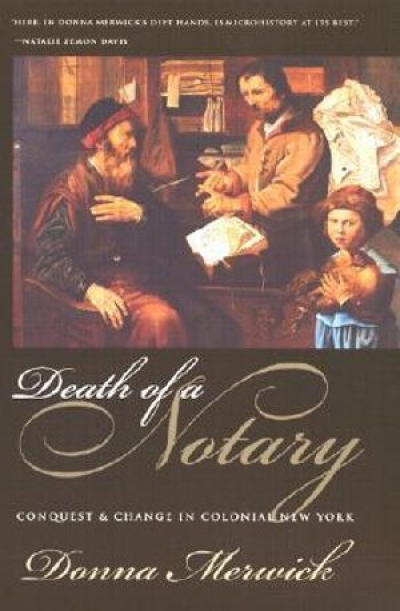Donna Merwick
The Politics Of War: Race, Class, And Conflict In Revolutionary Virginia by Michael A. McDonnell
by Donna Merwick •
The Global Reach of Empire: Britain’s maritime expansion in the Indian and Pacific oceans, 1764–1815 by Alan Frost
by Donna Merwick •
Death of a Notary: Conquest and change in colonial New York by Donna Merwick
by Peter McPhee •




